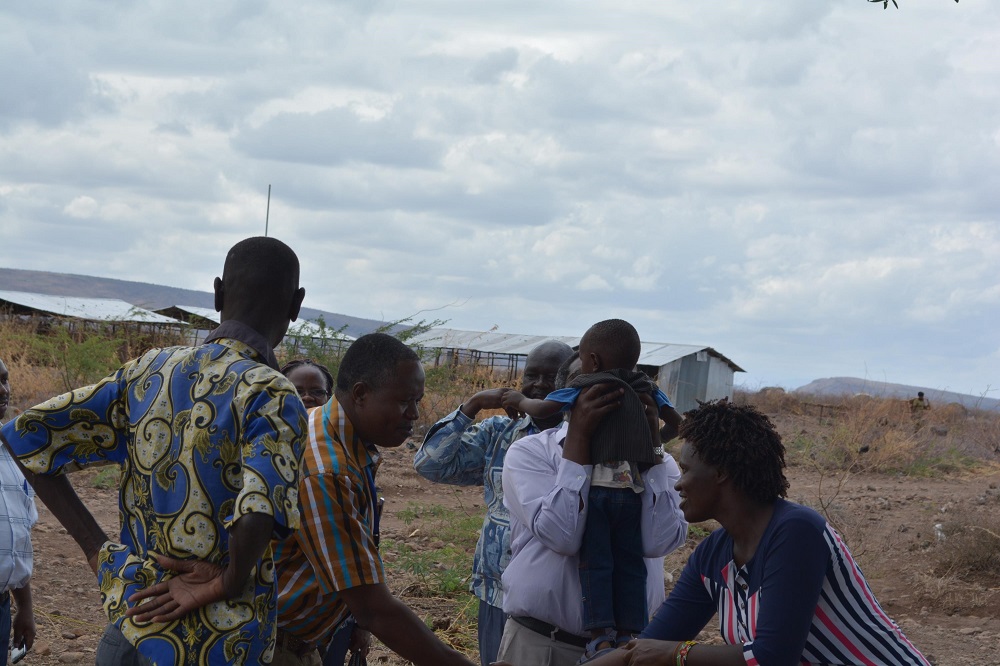We Want Our Share; The Forgotten IDPs of Kakuma Tell Government.

When Anna Echom arrived in Kakuma on a Monday afternoon close to a decade ago, Kenya was on the brink of the precipice, and the scotching sun was a poignant indication that life ahead was not for the faint-hearted.
Over 1000 people had been killed, thousands others literally uprooted from their homes and property worth hundreds of millions of shillings destroyed following days of violence. The country had gone up in flames, raising the political temperatures to a level never seen before in the country’s history. This was the height of Kenya’s Post Election Violence (PEV) that saw Echom, spend days on the road trying to trace her roots back home in Turkana County.
Approximately 8 years later, Echom – now in her 70s – blankly stares into the distance outside her rickety structure, completely subdued by the injustices of life, unsure of what tomorrow will bring. It would seem that the gods of nature have equally conspired against her. Echom’s predicament is a sad reality, reminiscent of the “Long Walk to Freedom,” an autobiography of South Africa’s anti-apartheid revolutionary and 1st black president, the late Nelson Mandela.
“Sisi bado pata uhuru, ongalia mimi bado mkimbizi hii Kenya!” (It is not yet uhuru here, look I am still a refugee in my own country) she whispers, when the National Council of Churches of Kenya (NCCK) General Secretary Reverend Canon Peter Karanja visited her in Abonglore camp, a few kilometers from Kakuma town.
Echom, a mother of 7 who lost her husband during the PEV, is one of the more than 1,500 IDPs from the Turkana community who fled various parts of the country during the 2007/2008 skirmishes. Upon returning “home,” they were however not able to trace their roots, having left the area in search of a better life in late 60s and early 70s. With nowhere to call home, they settled on a lagga near Kakuma town, but not for long. They were rudely ejected following heavy rains that would pound the region a few days later.

It was then that NCCK and her partners came to their rescue, and temporarily moved them to Abonglore – loosely translated to “our people have returned” in Turkana language – IDP camp. But Abonglore camp has not lived up to its name. Life has become unbearable and the sheer numbers of the victims has overstretched the little social amenities that had been provided.
Among their major challenges today is sanitation and water, never mind that their children who thirst for education, have to make do with a makeshift structure, that they call a school. Worse still, the school has only one teacher who is completely overwhelmed by the numbers. The IDPs claim that their numerous calls to the County Government of Turkana to come to their rescue, have fallen on deaf ears.
“I am happy to meet you again despite the challenges you face. Let us pray for our country to remain peaceful because some of the issues that led to fighting in 2007/2008 have not been fully addressed,” said Canon Karanja, who was accompanied by Jackson Logel, a local pastor.
As the government embarks on what has been referred to as the final leg of resettling PEV IDPs in the country, Echom and her colleagues can only hope against hope that the Kshs. 1.1 billion shillings set aside for the exercise will reach and enable them restart their lives with at least a roof over their heads.



